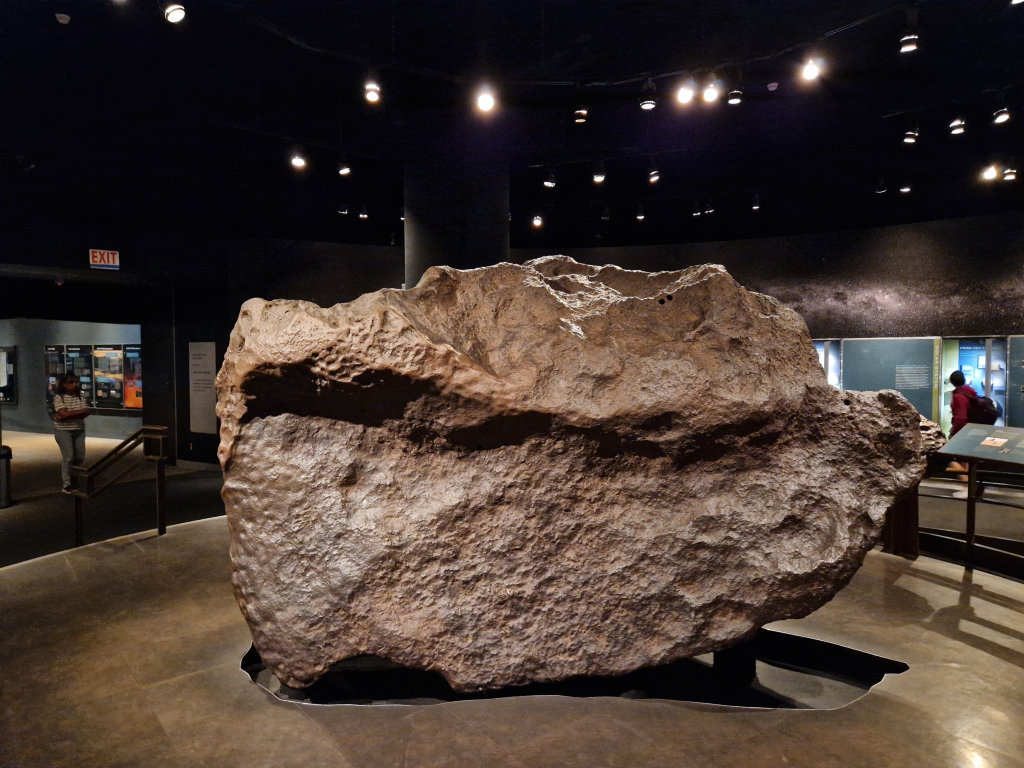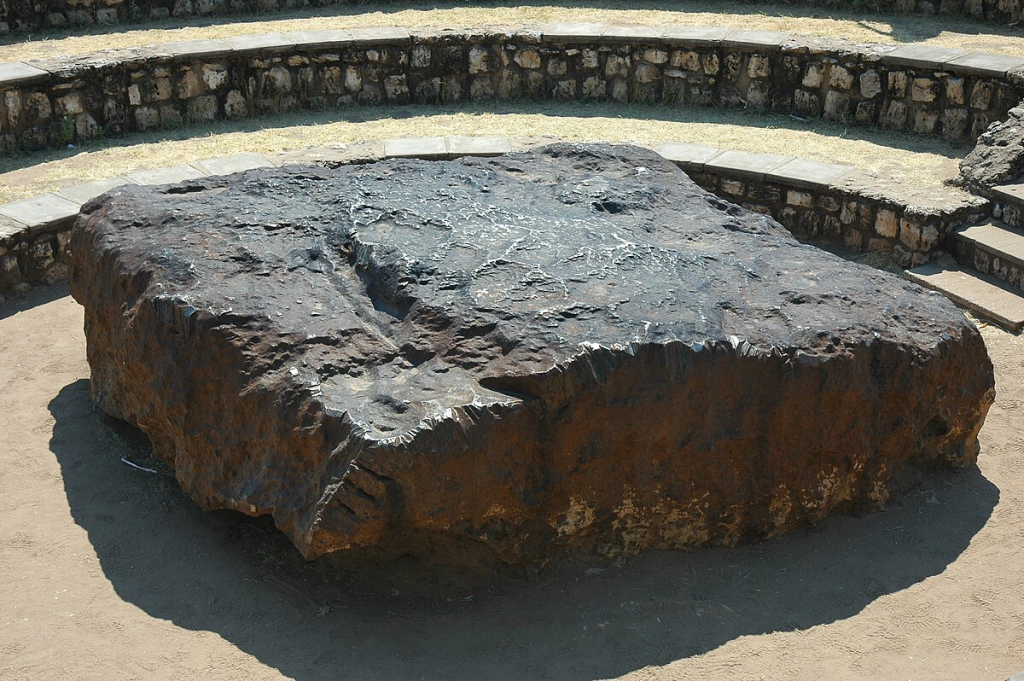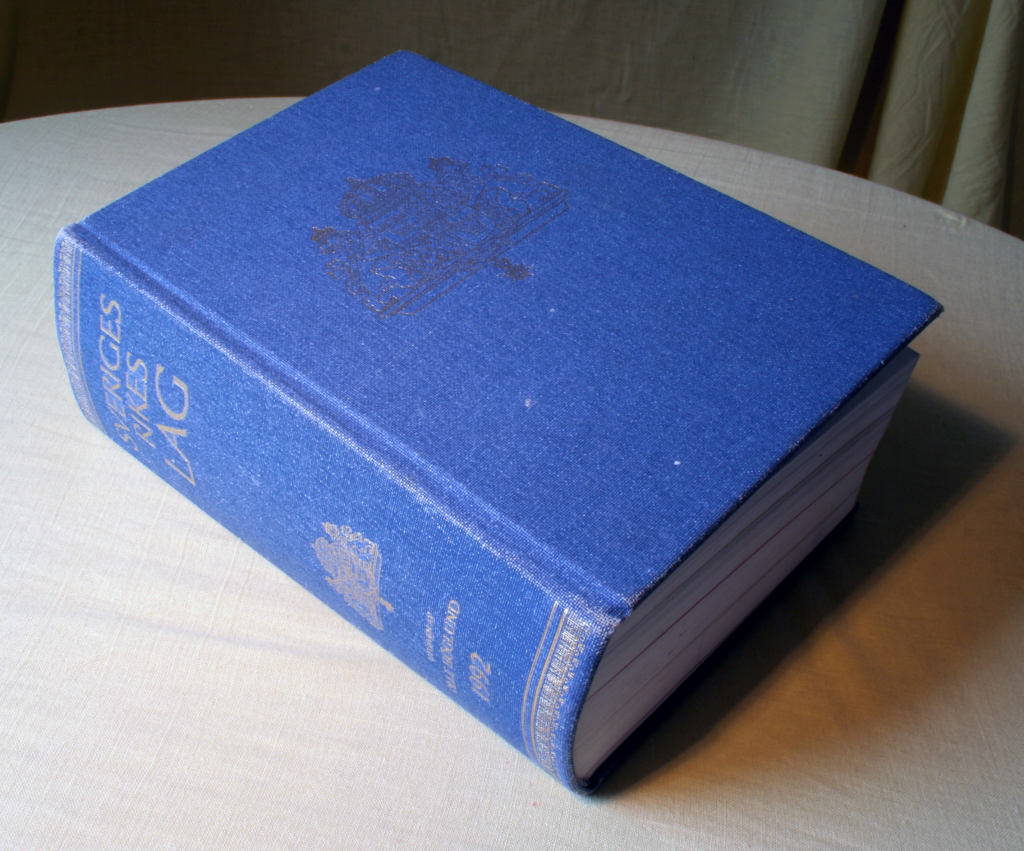
A Swedish court held that a 14-kg meteorite is the property of the landowner, creating a legal precedent that connects space rocks to private property in Sweden.

1. Swedish Court Rules Meteorite Belongs to Landowner
A Swedish property owner has won a quirky legal contest over a 14-kilogram (31-pound) iron meteorite that landed on his land in Uppland, just north of Stockholm. The Svea Court of Appeals decided on March 21, 2024, to consider the meteorite as “immovable property” and bound legally by the soil upon which it was discovered. It reversed a previous ruling of the Uppsala district court, which considered the meteorite as movable property with no owner.

The meteorite, which was found in December 2020 by geologists Andreas Forsberg and Anders Zetterqvist, was initially presented to the Swedish Museum of Natural History. The geologists contended that as finders, they became the owners. But landowner Johan Benzelstierna von Engeström disputed this, ultimately taking the case through Sweden’s legal chain.

2. A Fall That Sparked a Legal Storm
When the iron meteorite fell from space on November 7, 2020, it appeared to be a rare celestial occurrence bound for examination and exhibition. But its fall onto private land transformed a remarkable scientific discovery into a long-term legal battle. What started as an act of kindness giving the meteorite to a museum developed into years of argument over ownership of a rock that bridged outer space and terrestrial law.

3. Meteorites and Property Law: A Grey Area
The core of the conflict rested in a legal uncertainty: should meteorites be considered ownerless things awaiting claim, or as natural extensions of the earth on which they fall? The Uppsala district court first held for the former position, declaring meteorites, in their nature, not fixed in the ground and therefore movable. Nevertheless, the Svea Court of Appeals revised this position, connecting meteorites with pre-existing rights in land where their material resembles the ground that lies under them.

4. The Ruling: Earth and Sky Intertwined
The court’s ruling rested on an astonishing argument that the meteorite’s iron composition matched the iron-rich characteristic in which it landed. Judge Robert Green explained this argument: “Meteorites or space rocks should be treated like other stones as part of immovable property although it is intuitively conscious as if it is something extraneous to the earth.” This ruling defies the intuitive thought that meteorites are still foreign even upon impact.

5. The Geologists’ Demand Falls Through
Forsberg and Zetterqvist maintained that there was a contract that gave them rights to the meteorite, but the appeals court could not find any basis for their claim. Their position that the meteorite constituted movable property belonging to its discoverers broke down under the pressure of Swedish law of property, which is biased towards landowner rights except where specific, binding agreements exist.

6. The Use of ‘Freedom to Roam’ in Sweden
Sweden’s legendary Allemansrätten, or “Freedom to Roam,” permits people to roam great tracts of private land with respect. But the court emphasized that this liberty comes with boundaries. It “does not make anyone entitled to pluck a meteorite from someone else’s ground,” affirming the notion that space objects are not immune from earthly concepts of ownership when they land on private land.

7. A Landmark Decision for Future Finds
This case establishes precedent in Swedish law, the implication being that future meteorite finds could be tied to the earth on which they land. Collectors, scientists, and landowners will now have to operate within a streamlined legal system one that prioritizes property owners over freelancing finders. It also has implications for international law, as nations have different attitudes towards extraterrestrial material.

8. Will the Supreme Court Weigh In?
Although the Svea Court of Appeals has handed down its judgment, the case might not be completely over. The unsuccessful party can appeal to Sweden’s Supreme Court, although it is unclear whether the case will rise any higher. If it does, the decision could either solidify or undermine the new interpretation of meteorites as immovable property.


